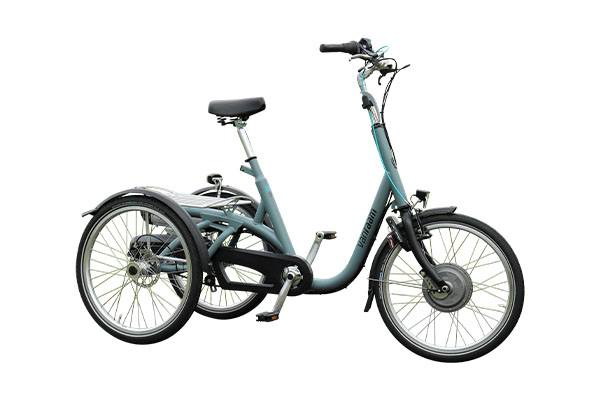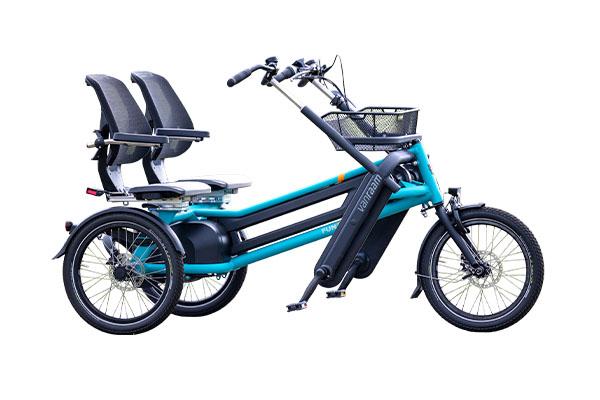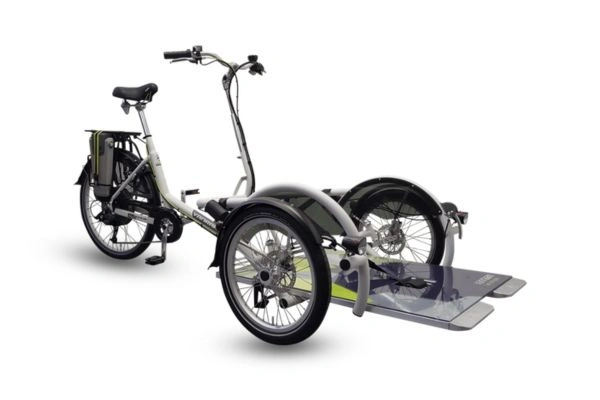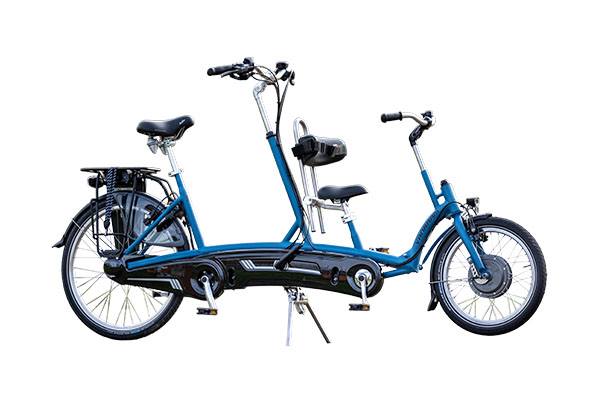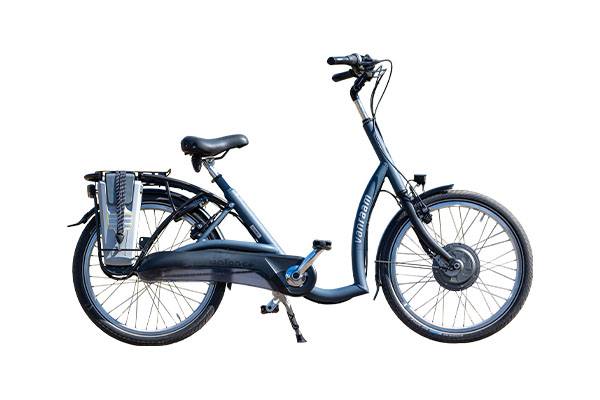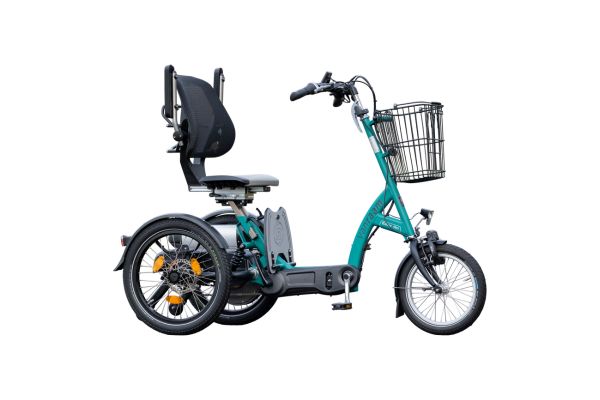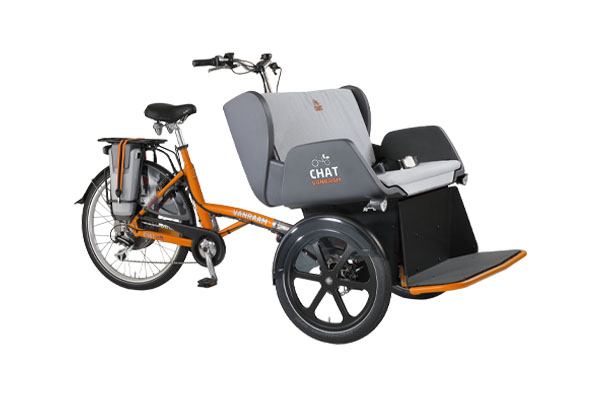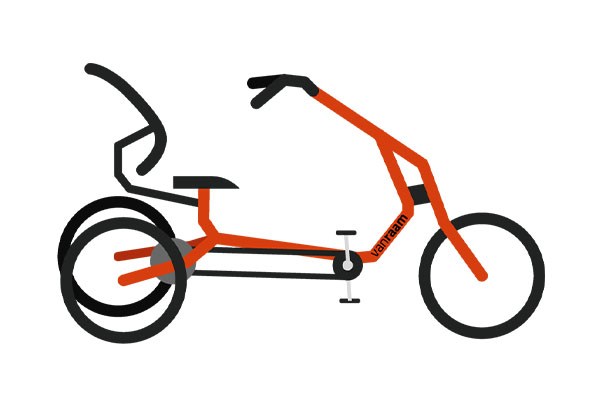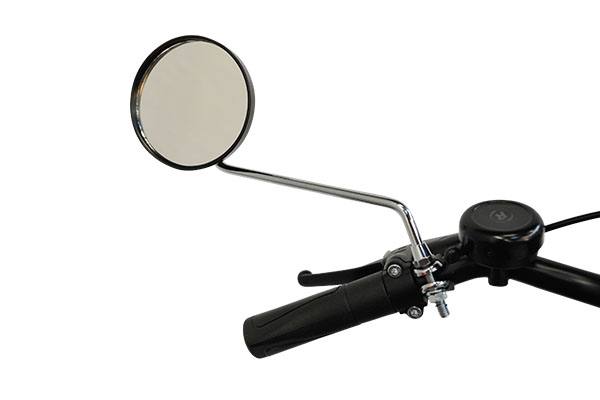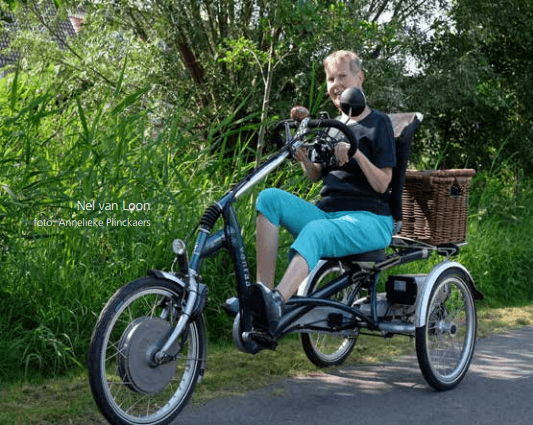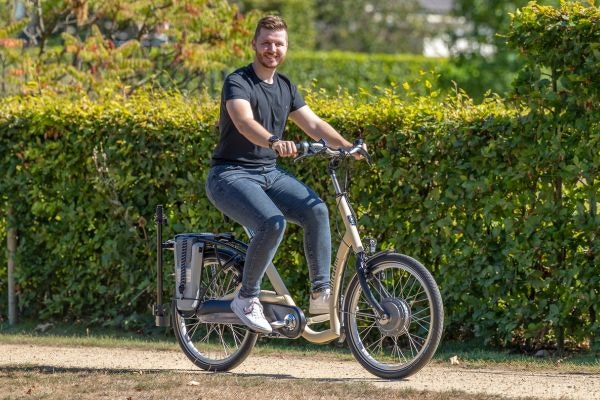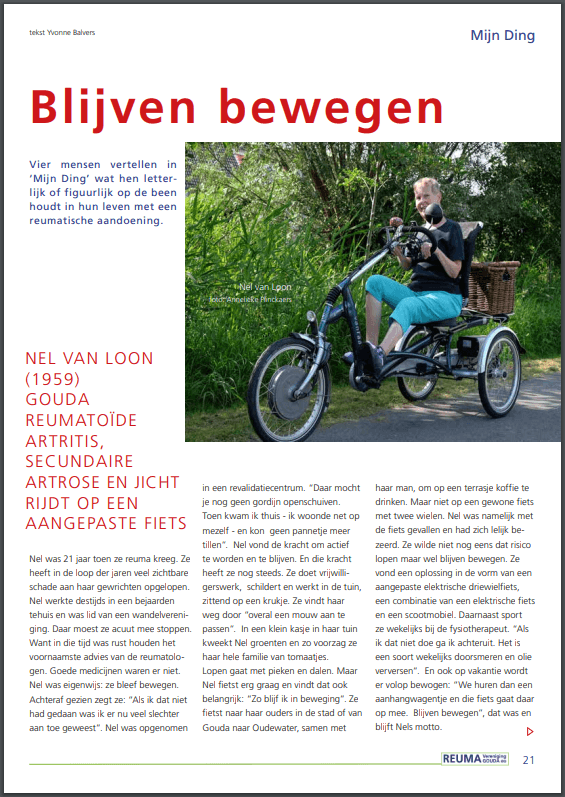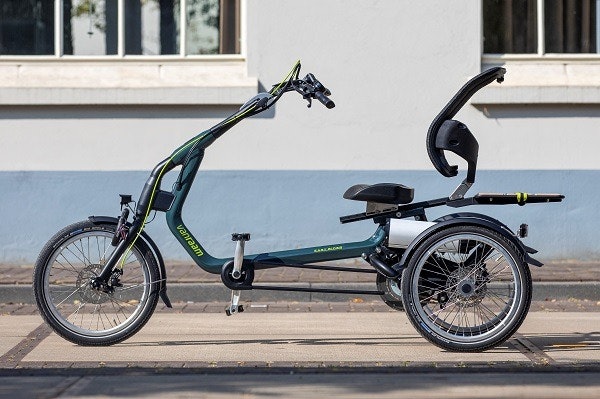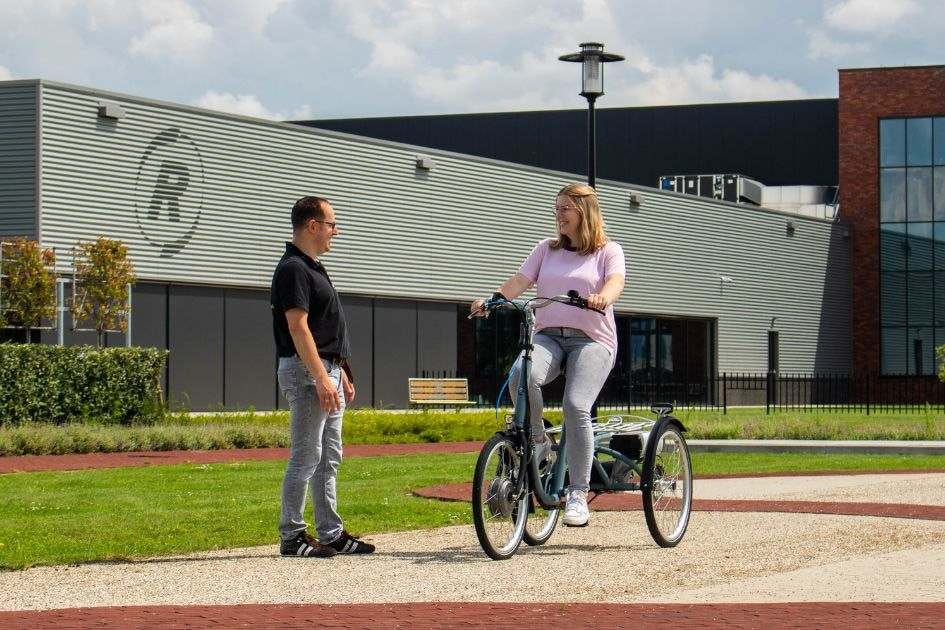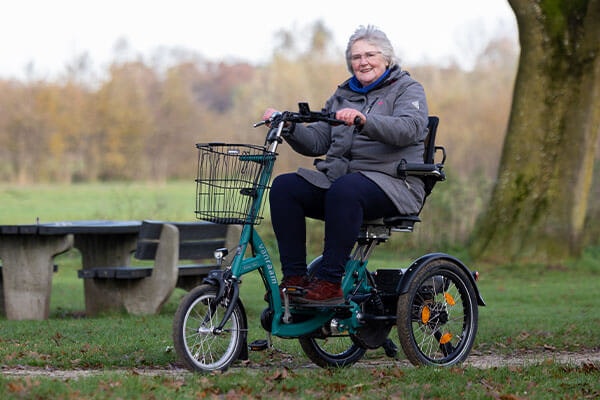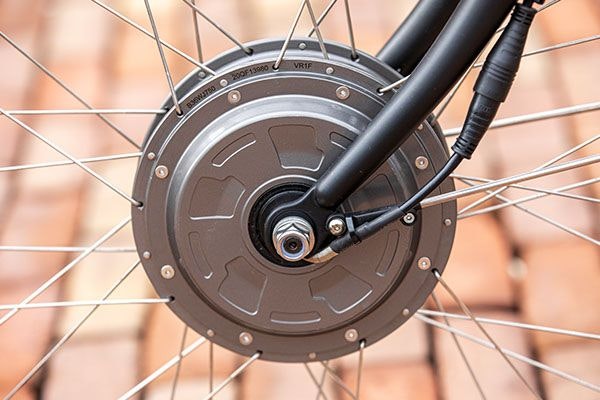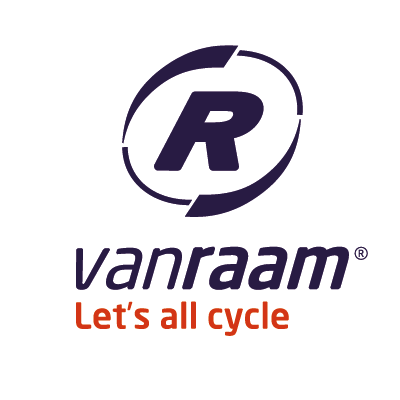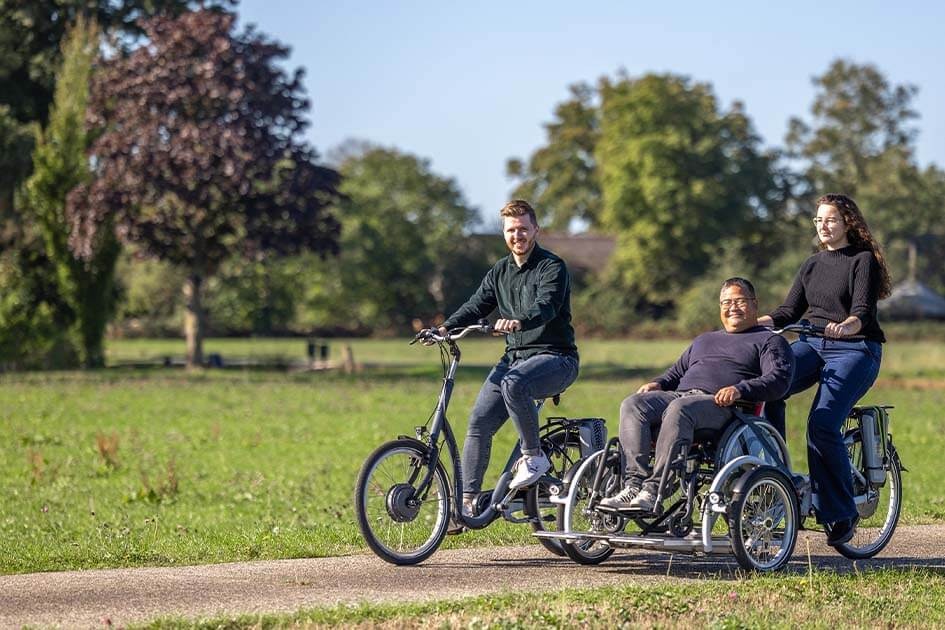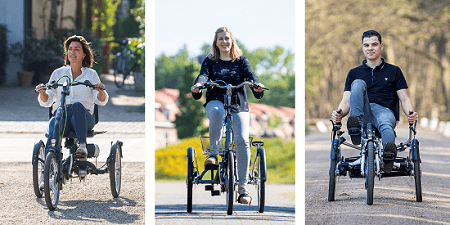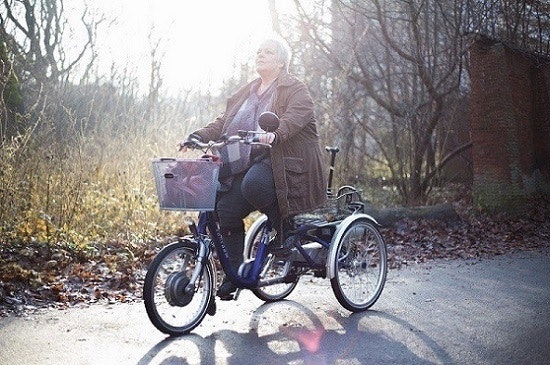Rheumatism is a collective term for more than 100 different disorders of your organ system that allow you to move around, such as joints, muscles, tendons and bones, that are not caused by an accident. Some rheumatic diseases may also involve the organs.
More than 2 million people in the Netherlands (and 1% of the worldwide population)live with various complaints every day, such as pain, stiffness and fatigue as a result of a rheumatic disorder. Most forms of rheumatism are easy to treat but cannot (yet) be cured.
Anyone can get rheumatism, at any age. There are also children with a form of rheumatism. 1 in 9 people in the Netherlands has a form of rheumatism and every day 700 people are added.
Types of rheumatism
The different types of rheumatism can be distinguished into:
Auto-immune diseases / inflammatory rheumatism: inflammations in your body because your immune system cannot distinguish healthy cells from bad cells and therefore attacks your own body.
Osteoarthritis: a disorder of cartilage and bone of your joints in which the cartilage becomes thin or sometimes even disappears completely. Osteoarthritis is the most common rheumatic disorder in the Netherlands.
Gout: with gout you have an excessively high uric acid level due to a poor metabolism. Uric acid crystals are formed and can reach the joints, leading to painful attacks.
Osteoporosis: with Osteoporosis, the bones in your body becomes smaller and therefore less strong.
Soft-tissue rheumatism: disorders of the muscles, tendons or bursas, the best known condition is Fibromyalgia.
(source: www.reumanederland.nl)
